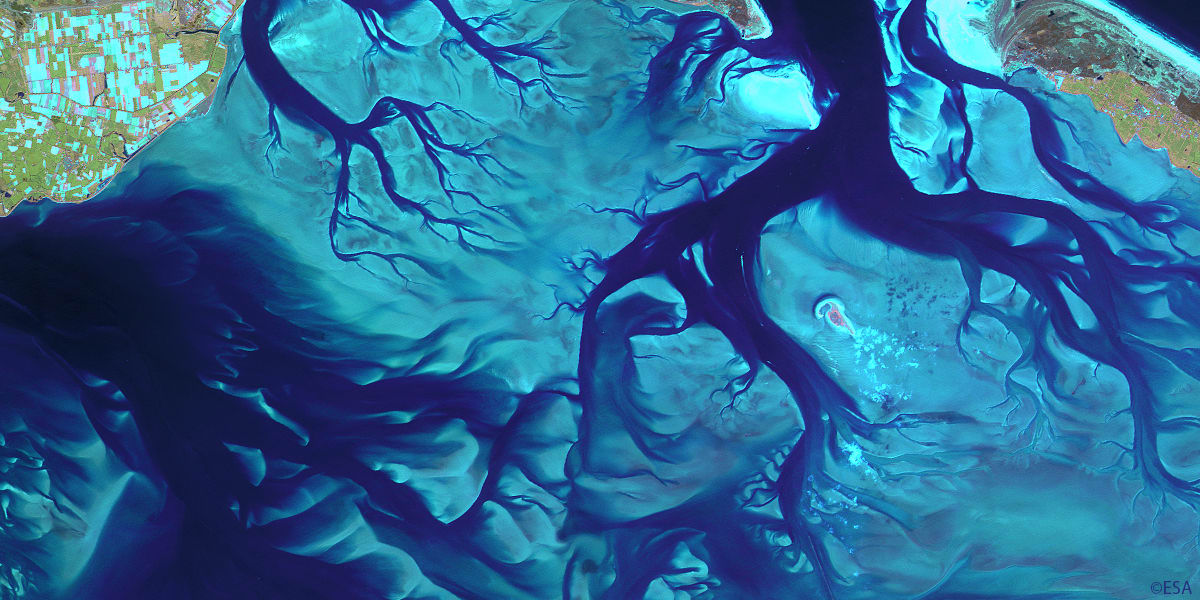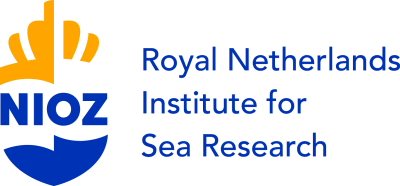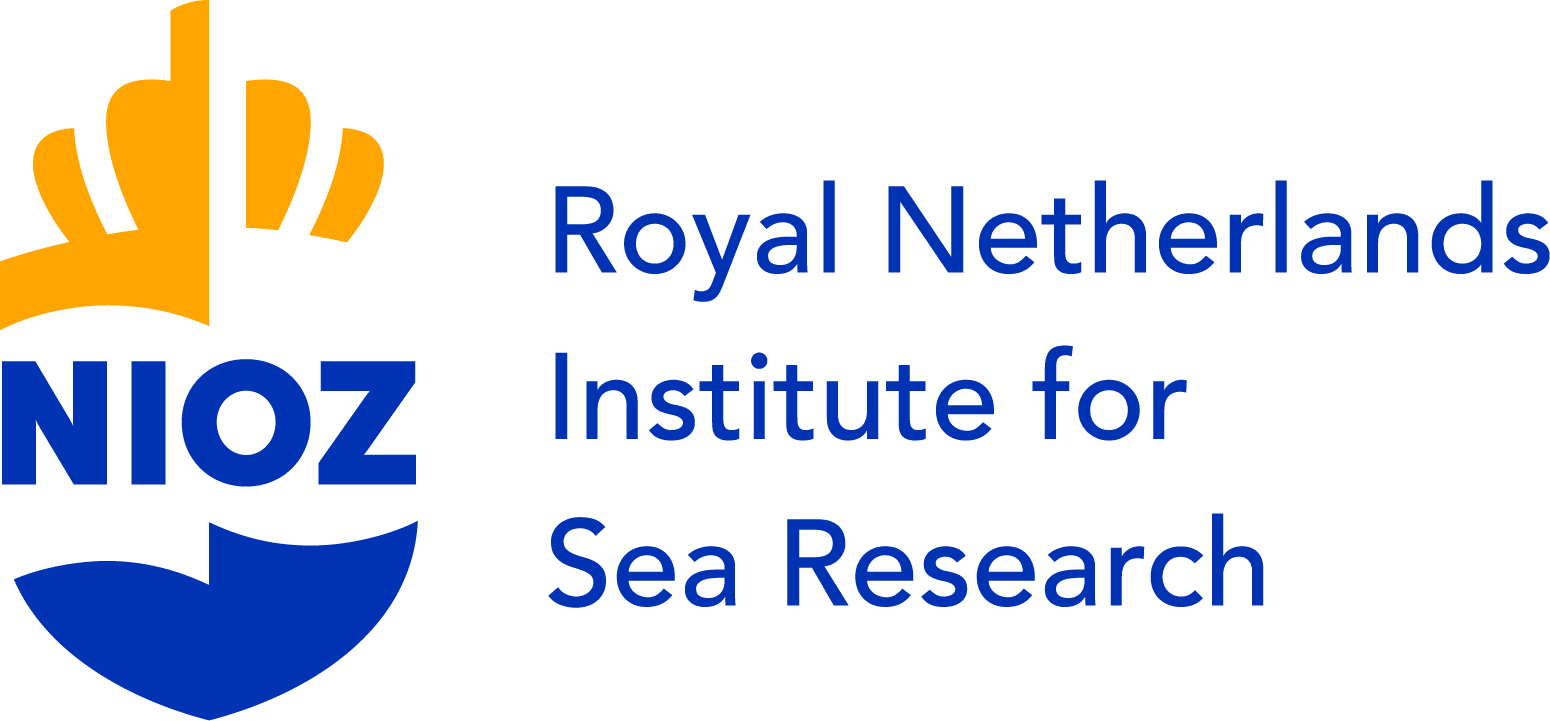
Postdoc position: “Reconstructing regional sea-level change in the 20th century using observations”
- On-site, Hybrid
- Yerseke, Zeeland, Netherlands
- Estuarine & Delta Systems (EDS)
Job description
The NIOZ Department of Estuarine and Delta Systems (EDS) is looking for an enthusiastic and motivated postdoc with a background in physical geography, oceanography or meteorology, to reconstruct 20th century regional sea-level changes using observations. The position is part of a larger project which addresses the challenge of reconstructing and attributing 20th century regional sea-level changes using models and observations. The project was awarded to Dr. Slangen in the Vidi Talent Programme scheme funded by NWO. This 2 years postdoc position, based in Yerseke and starting mid-to-late 2025, is in close collaboration with Utrecht University (Department of Physical Geography), the UK MetOffice, NORCE (Bergen, Norway) and the University of Bremen (Germany).
ROYAL NIOZ
NWO-NIOZ Royal Netherlands Institute for Sea Research is the Dutch national oceanographic institute and principally performs academically excellent multidisciplinary, fundamental, and frontier applied marine research addressing important scientific and societal questions pertinent to the functioning of the ocean and seas. NIOZ includes the National Marine research Facilities (NMF) department that operates a fleet of research vessels and the national pool of large seagoing equipment, and supports excellence in multidisciplinary marine research, education, and policy development.
THE DEPARTMENT
The department of Estuarine and Delta Systems focuses on understanding the complex interactions between organisms and their physical and chemical environment in estuaries and deltas, in the context of natural and human-induced environmental changes such as sea-level change. In the sea-level group, we aim to better understand and simulate regional sea-level changes in the recent past and future.
THE PROJECT
Global mean sea level has been rising at a rate of 1.7 (1.3-2.1) mm/yr since 1900, increasing to 3.3 (2.9-3.6) mm/yr for the period 1993-2018. However, from satellite altimetry observations we know that regional changes can be up to three times faster than the global mean. Unfortunately, the drivers of regional sea-level changes in the 20th century are not accurately known yet. Therefore, there is an urgent need to reconstruct 20th century regional sea-level changes, such that we can unravel its causes and determine the part of the observed changes that is driven by man-made greenhouse gas emissions. This is the aim of the NWO-funded Vidi project ‘DARSea: Detecting and Attribution of 20th century Regional Sea-level change’. The outcomes of the project will help coastal societies to understand why the sea level has changed along their coast and which part is caused by man-made climate change. This knowledge will support policymakers to make well-informed decisions on coastal protection against future sea-level rise.
THE ROLE
Your role in the DARSea project will be to reconstruct the 20th century observational regional sea-level changes using machine-learning techniques. This observational reconstruction will be one of the main outcomes of the project. You will combine the reconstruction with model information from other partners in the project, to investigate regional sea-level budget closure and perform observation-model comparisons. You will lead and contribute to peer-reviewed publications, share your results online with the research community, as well as present the project results at international conferences. You will closely work together with the PhD candidate in the project, who is working on reconstructing the 20th century sea level budget using models.
Job requirements
THE CANDIDATE
We are looking for a candidate who has completed, or is about to complete, a PhD degree in climate physics, ocean physics or physical geography, or a related discipline, preferably with a focus on sea-level change. You can demonstrate strong analytical and computational skills and can analyse large and complex datasets. You have excellent written and oral communication skills in English, as you will be expected to publish your findings in scientific journals, present at international conferences and communicate your results to stakeholders. You will have a keen interest in climate change related topics and are interested to share your knowledge outside academia. Personal skills should include: well-organized and methodical, good communicator, and an aptitude for team-working. We are looking for a candidate to start mid-to-late 2025 in the EDS departement in Yerseke.
NIOZ strives to be a transparent institute with a healthy working climate and an inclusive culture, where people with diverse backgrounds bring their talents and further develop these talents. We aim for inclusive decision-making processes and expect our leadership to show visible commitment, awareness of bias, and cultural intelligence.
THE CONDITIONS
Employment of this full-time position at Royal NIOZ is by NWO-I, for a total duration of 2 years.
Salary compliant with CAO-WVOI (Collective Labour Agreement for Dutch Research Institutes) scale 10 or 11 depending on relevant experience.
The freedom to fulfill your role and space and opportunities for your personal (talent) development with the help of the NIOZ Academy.
338 annualized holiday hours for a full-time 40-hour work week.
Pension scheme via ABP, 8% holiday allowance and a year-end bonus of 8.33%.
2nd class public transportation travel is reimbursed 100%.
Employment benefits plan to exchange a portion of your salary for days off or vice versa, or can be used to purchase a bicycle with tax benefits.
We offer relocation expenses for employees coming from abroad.
MORE INFORMATION
For additional information about this vacancy, please contact project leader Dr. Aimée Slangen. For additional information about the procedure, please send an email to working@nioz.nl. Click here for more information about the EDS department.
Closing date for this vacancy is 23 February.
or
All done!
Your application has been successfully submitted!

